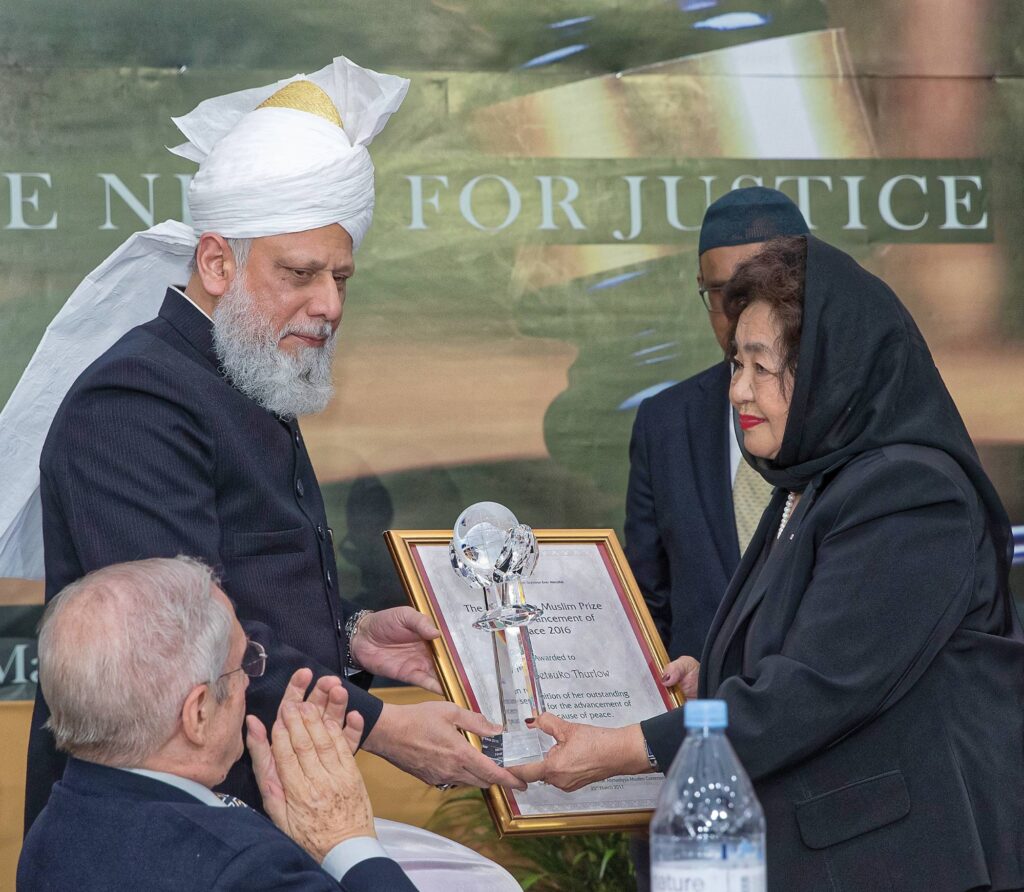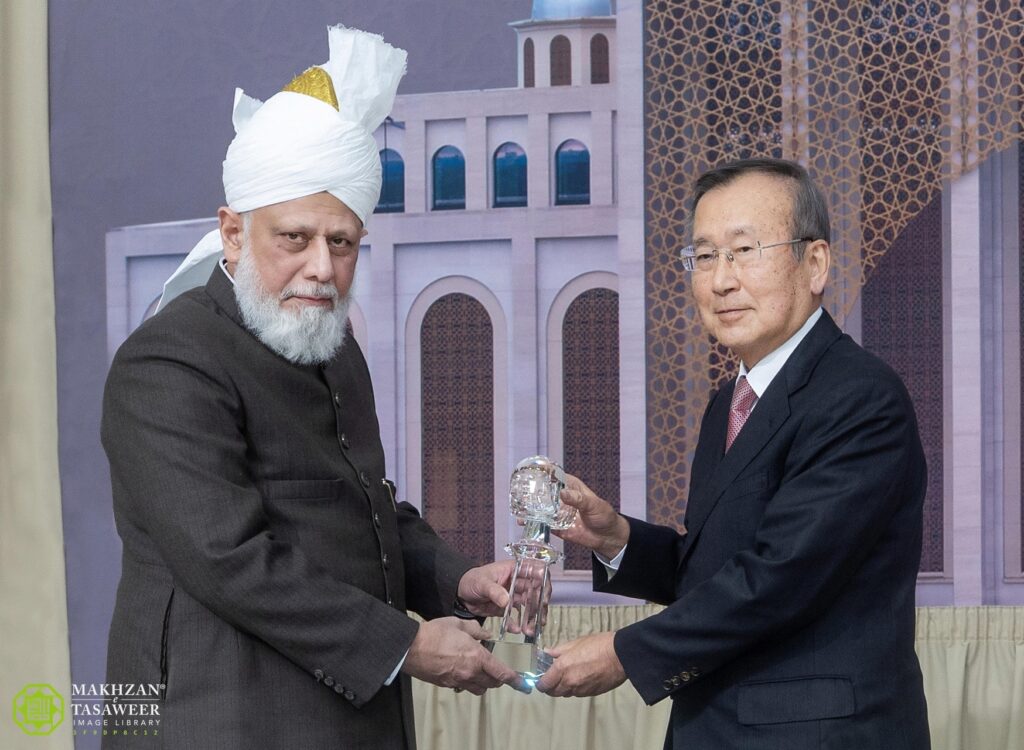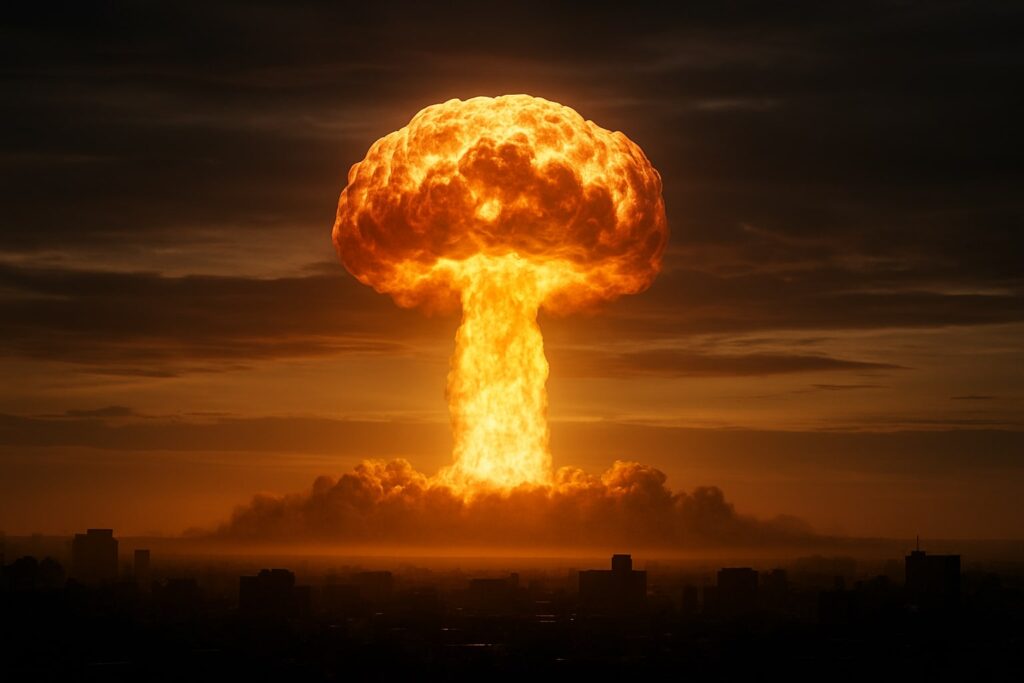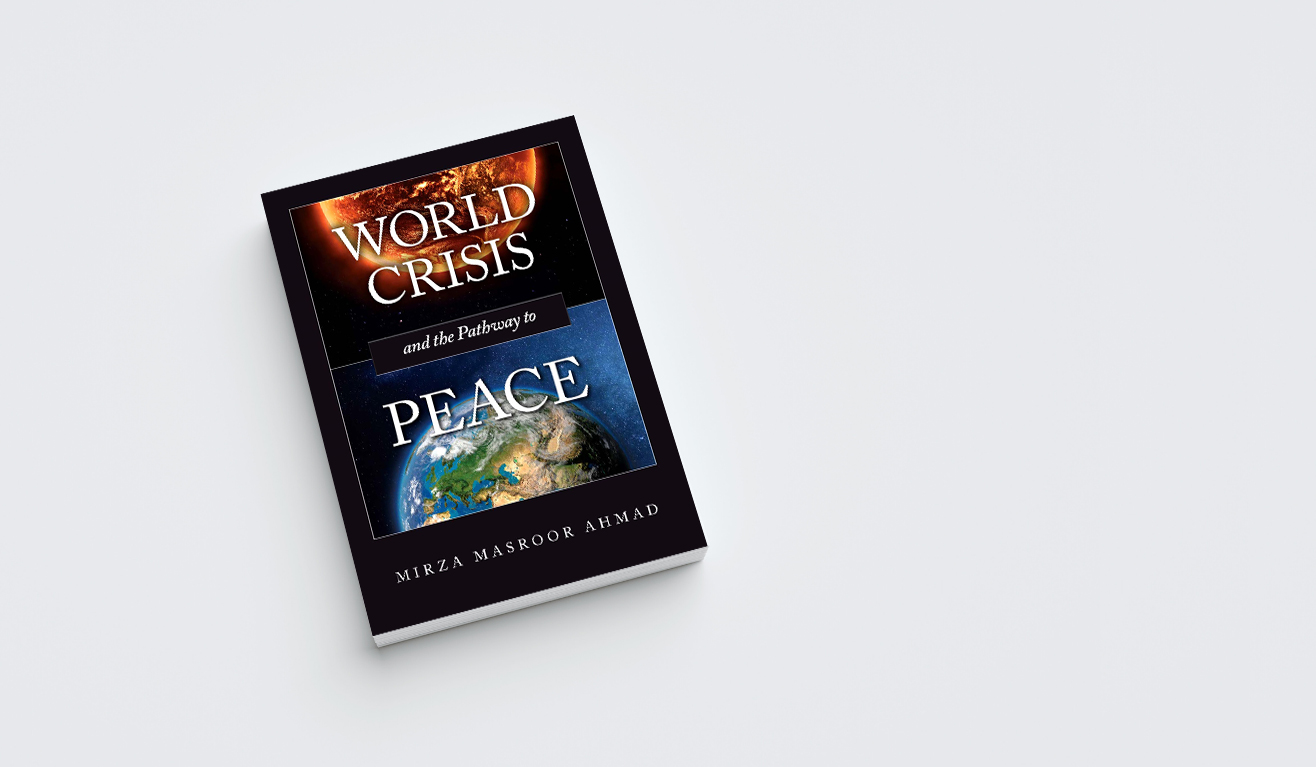Today marks 78 years since the atomic bombings of Hiroshima and Nagasaki, and the world seems to be standing on the brink of another global conflict. Has time erased our memories?
HUSAM AHMED SHAFEEQ
AUGUST 9, 2023
It was the 6th of August 1945, an ordinary Monday morning. A sense of normalcy pervaded the air of Hiroshima. People were going about their daily routines when they noticed an aircraft soaring at a high altitude. As they watched in a mixture of wonder and bewilderment, the plane dropped a cylindrical object that was too small to be discernible from afar and too insignificant to raise any concern except for a passing curiosity. Hardly a minute later, the object made impact with the ground, unravelling unknown dimensions of devastation and sending shockwaves across the world.
Yet, fate had not fully manifested its evil. Three days later, on the 9th of August, another bomb was dropped on Nagasaki, demonstrating for a second time the unfathomable destruction nuclear weapons can bring about. The ruinous disaster caused by the nuclear explosions triggered a moral debate regarding the use of atomic weapons and led to serious efforts aimed at preventing wars in future.
Unfortunately, time erases memories, and history tends to repeat itself.
The relative period of peace after the Second World War, if at all it existed, did not last long. Tensions among nations soon started to escalate, and in no time, more countries began to pursue atomic power, instigating a global nuclear arms race. Notwithstanding efforts to the contrary, the world witnessed a significant proliferation of atomic weapons in the last 78 years.
Today, as the threat of a global conflict re-appears above the geopolitical horizon, the world remains divided on the question regarding the utilisation of nuclear munitions, with one group arguing their efficacy as a deterrent while the other calling for the elimination of such weapons.
One of the early voices to speak out against the use of nuclear arms was Hazrat Mirza Bashiruddin Mahmud Ahmadra, the Second Caliph of the Ahmadiyya Muslim Community, who vociferously condemned the attacks in his Friday Sermon delivered the very next day following the Nagasaki bombing. He said:
“It is our religious and moral duty to proclaim to the whole world that we do not consider lawful such bloodshed.”[1]
Another resolute advocate of global peace in this era is the current World Head and the Fifth Caliph of the Ahmadiyya Muslim Community, Hazrat Mirza Masroor Ahmadaba, who continues to echo the message of those who lived through the horror of the nuclear holocaust. He ensures that the voices of this vanishing generation do not die with them. Through his dozens of letters to world leaders and scores of addresses, he has been vehemently opposing nuclear armament for the past two decades.
In response to the exceptionally frail arguments seeking to rationalise the procurement of atomic warheads, His Holiness offers this strong rebuttal:
“The thousands of innocent children who have lost their parents, or have lost their own limbs, will never be convinced by such logic, nor will the thousands of women who have been left widowed, or the millions of people who have been displaced from their homes.”[2]
Suffice it to say, no rational argument can be produced to justify nuclear stockpiling while numerous other factors further dismantle the already fragile theory.
Devastation speaks for itself
The immediate consequences of a nuclear explosion are manifested within seconds. The enormous force of the blast and extremely powerful shockwaves raze an entire city to the ground, erasing all traces of its existence. The progression of atrocious effects that follows over the long term is even more harrowing. With long-lasting radiation impacts on humans, vegetation and the environment, a nuclear detonation can cause genetic abnormalities in generations of children, severely disrupt the ecosystem and seriously disturb the climatic balance.
Recently, researchers have been attempting to quantify the destruction that can be caused by a nuclear war in this age. One such study put things into perspective, saying that around two-thirds of the global population will be wiped out in the event of a full-scale nuclear war.[3]
If these terrorising estimates do not open our eyes, the traumatising memories of the past should serve as a telling reminder of the consequences of a nuclear apocalypse. Hazrat Mirza Masroor Ahmadaba says:
“Japan is the one country to have experienced the abhorrent consequences of atomic warfare, when it was attacked by nuclear bombs during the Second World War. Even today when you visit Japan and meet its people, you see an absolute fear and hatred of war visible in their eyes and from what they say. Yet the nuclear bombs that were used at that time and which caused widespread devastation, were much less powerful than the atomic weapons that are possessed by even very small nations today.”[4]

The first-hand experience of such devastating destruction is what reverberates in the words of Takato Michishita, a survivor of the Hiroshima bombing, when he says that nuclear weapons cannot coexist with mankind.[5]
At the mercy of goodwill
For a rational individual, the catastrophic strength of atomic arms should be sufficient to reject any moral basis for nuclear proliferation. However, for pro-nuclear advocates, the opposite seems to be the case. They contend that the mass-destructive capacity of nuclear weapons makes them an effective deterrent against wars.
This flimsy reasoning undermines logic in multiple ways. Firstly, the argument rests on a false presumption that all decision-makers will act rationally and responsibly in all situations. This assumption is dangerously ludicrous as it tends to leave the fate of the world at the mercy of the supposed goodwill of some individuals. Hazrat Mirza Masroor Ahmadaba says:
“Whilst perhaps the major powers keep such weapons as a deterrent, there is no guarantee that the smaller countries will show such restraint. We cannot take it for granted that they will never use nuclear weapons.”[6]
Secondly, the theory proves utterly ineffective against unintentional and accidental attacks. It conveniently ignores the possibility of potential responses that can be triggered by false alarms. Similarly, malfunctions or mishandling of such deadly weapons can also bring about devastating outcomes. Hazrat Mirza Masroor Ahmadaba states:
“The truth is that the so-called beneficial aspects of nuclear energy and technology can be extremely dangerous and lead to widespread destruction, due to either negligence or due to accidents. We have already witnessed such catastrophes, such as the nuclear accident that occurred in 1986 in Chernobyl, in what is now Ukraine, and just last year after the earthquake and tsunami in Japan, it too had to contend with great danger and the country was placed in fear. When such events happen, then it is also very difficult to repopulate the affected regions.”[7]
Thirdly, deterrence theory proves futile against non-state actors or extremist groups who have no fear of repercussions and show no concern for humanity. Such organisations gaining access to nuclear weapons cannot be deemed a far-fetched imagination in today’s hyper-technological world. Hazrat Mirza Masroor Ahmadaba states:

“What causes great fear is the knowledge that such nuclear weapons could end up in the hands of such people who either do not have the ability or who choose not to think about the consequences of their actions. In truth, such people do not even care about the consequences, and are trigger-happy.”[8]
Above all, it is precariously ignorant to rely on the delicate balance of deterrence, which is highly likely to tip with the increasing number of nuclear-armed nations.
The threat of new forms of warfare
A door for one opens doors for more. If no constraints are imposed on evolving methods of warfare, the potential consequences will cross unprecedented magnitudes of disaster.
The Second Caliph of the Ahmadiyya Muslim Community, Hazrat Mirza Bashiruddin Mahmud Ahmadra, warned against this probable hazard far ahead of time. He said that a scientist could be struck with a novel idea to develop a weapon that would not require large laboratories. Instead, a person could assemble such a device from home, carrying the potential to destroy the entire planet.[9]
Time has proved his prophetic intuition to be true. Recently, advancements in technology have made it possible to weaponise even such domains of science as were previously thought to be impossible. As such, researchers have been concerned regarding the use of biological, chemical, cyber, nano-scale and autonomous or AI-controlled weapons that are believed to make future warfare far more dangerous.
This emphasises the need to regulate the development and use of weaponry and curb the incontinent exploitation of technology. To the self-proclaimed ‘civilised’ world of today, it is Islam – often unjustly labelled as a religion of savagery – that imparts the most valuable lesson in this regard.
Under circumstances when taking up arms becomes inevitable, Islam establishes mandates that effectively prevent wrongful and unjustified bloodshed. When the early Muslims were forced into battles, they were instructed by the Holy Prophetsa to abide by these injunctions even when the opposite side was expected to resort to any extreme means.
In a world where mutually assured destruction is contended to have moral validity, Islam’s principle to adhere to fairness, even in the face of unreciprocating adversaries, takes on much significance.
A legacy for the future
Today, there is an urgent need for nations to come together and make concerted efforts to establish peace. It is imperative that they resolve conflicts through dialogue and diplomacy rather than resorting to violence. Nevertheless, when extreme conditions render war inevitable, they should pledge not to resort to measures that are detrimental to mankind. Hazrat Mirza Masroor Ahmadaba says:
“If we are to leave behind a legacy of hope for our children, and bequeath a peaceful world to our future generations, we, irrespective of our religion or beliefs, need to urgently change our priorities.”[10]
END NOTES
[1] Friday Sermon, 10 August 1945, Khutbat-e-Mahmud v.26 p. 315
[2] Leaving a Legacy for Future Generations, the keynote address at the 15th annual Peace Symposium UK, 17 March 2018
[3] Global Food Insecurity and Famine from Reduced Crop, Marine Fishery and Livestock Production Due to Climate Disruption from Nuclear War Soot Injection, Lili Xia et al. Nature Food August 2022
[4] The Devastating Consequences of a Nuclear War and the Critical Need for Absolute Justice, Keynote address at the 9th Annual Peace Symposium UK, World Crisis and the Pathway to Peace p. 51
[5] After the Bomb: Survivors of the Atomic Blasts in Hiroshima and Nagasaki Share Their Stories, Paul Moakley and Lily Rothman, Time
[6] The Keys to Peace in a Time of Global Disorder, keynote address at a special reception in Tokyo Japan, World Crisis and the Pathway to Peace p. 191
[7] The Devastating Consequences of a Nuclear War and the Critical Need for Absolute Justice, Keynote address at the 9th Annual Peace Symposium UK, World Crisis and the Pathway to Peace p. 52
[8] Ibid p. 53
[9] Friday Sermon, 10 August 1945, Khutbat-e-Mahmud v.26 p. 317
[10] Leaving a Legacy for Future Generations, the keynote address at the 15th annual Peace Symposium UK, 17 March 2018













1 Comment
A Basar · April 28, 2025 at 3:08 am
Mashallah. Excellent and very much contemporary article.